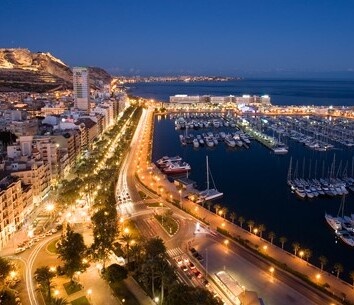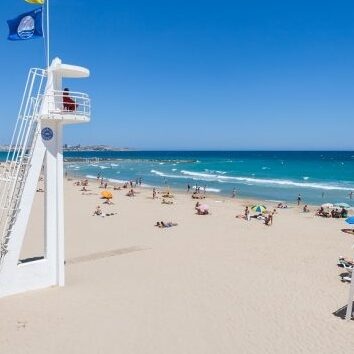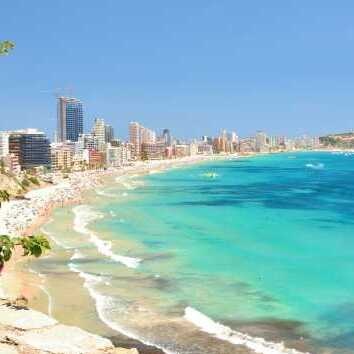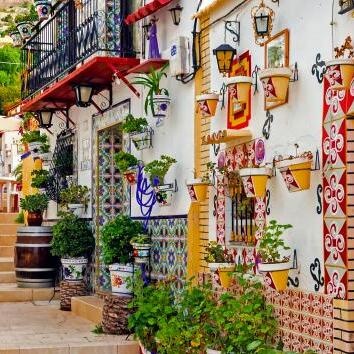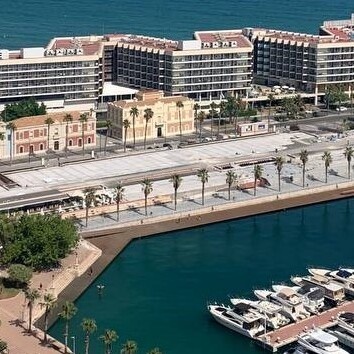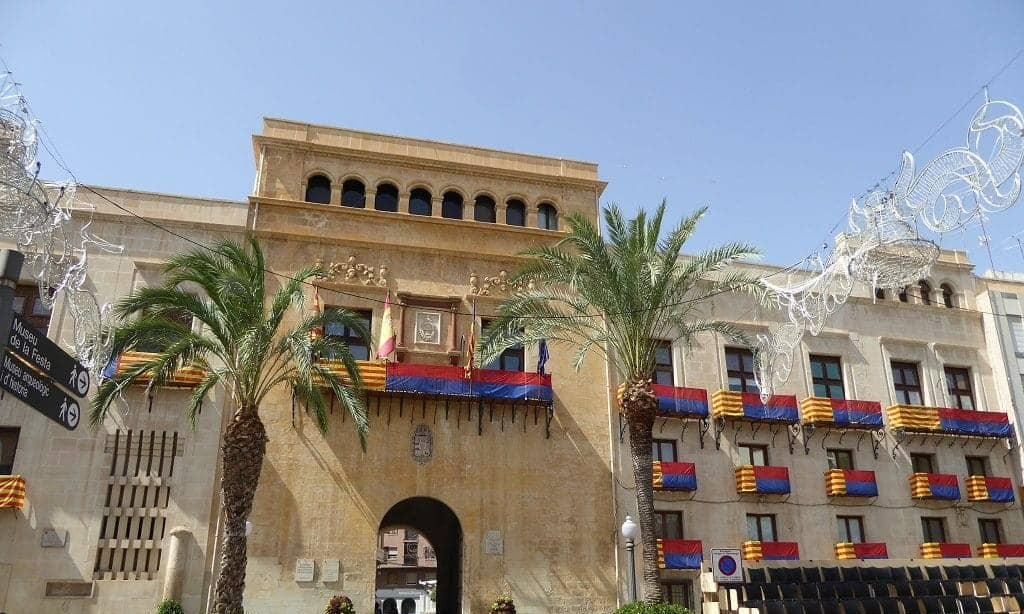
The Mystery Play of Elche
Elche’s Mystery Play, known locally as "Misteri d'Elx," is a cultural and religious event held annually in Elche, Spain, on August 14 and 15. This medieval drama, rooted in the rich traditions of the region, celebrates the Assumption of the Virgin Mary. The play is unique not only for its historical significance but also for its designation as a Masterpiece of the Oral and Intangible Heritage of Humanity by UNESCO.
Historical Background
The origins of Elche’s Mystery Play date back to the Middle Ages, with the first recorded performances occurring in the 15th century. The play is believed to have been inspired by the liturgical dramas of medieval Europe, which aimed to teach religious stories to an illiterate population through theatrical performance. Over the centuries, the Mystery Play has evolved, incorporating elements of both sacred and secular theater, while maintaining its core religious message.
The Play's Structure and Content
The Mystery Play is divided into two distinct parts: "La Vespra" (The Vigil), performed on August 14, and "La Festa" (The Feast), performed on August 15.
- La Vespra (August 14): This part of the play depicts the final days of the Virgin Mary's life, including her request to be taken up to heaven and the Apostles' gathering around her.
- La Festa (August 15): This section focuses on the Assumption itself, portraying Mary's death, her ascent to heaven, and her coronation as the Queen of Heaven.
Key scenes include the Dormition of Mary, the Assumption, and the Coronation. Major characters are Mary, the Apostles, and the Angels, each playing a vital role in bringing the story to life.
Cultural and Religious Significance
Elche’s Mystery Play holds profound cultural and religious importance. It commemorates the Assumption of the Virgin Mary, a significant event in Christian theology. The play's annual performance reinforces local religious practices and traditions, fostering a sense of community and continuity.
Furthermore, the play serves as a vehicle for preserving the Valencian language and culture. The dialogue and songs are performed in the Valencian dialect, offering a unique glimpse into the region's linguistic heritage.



